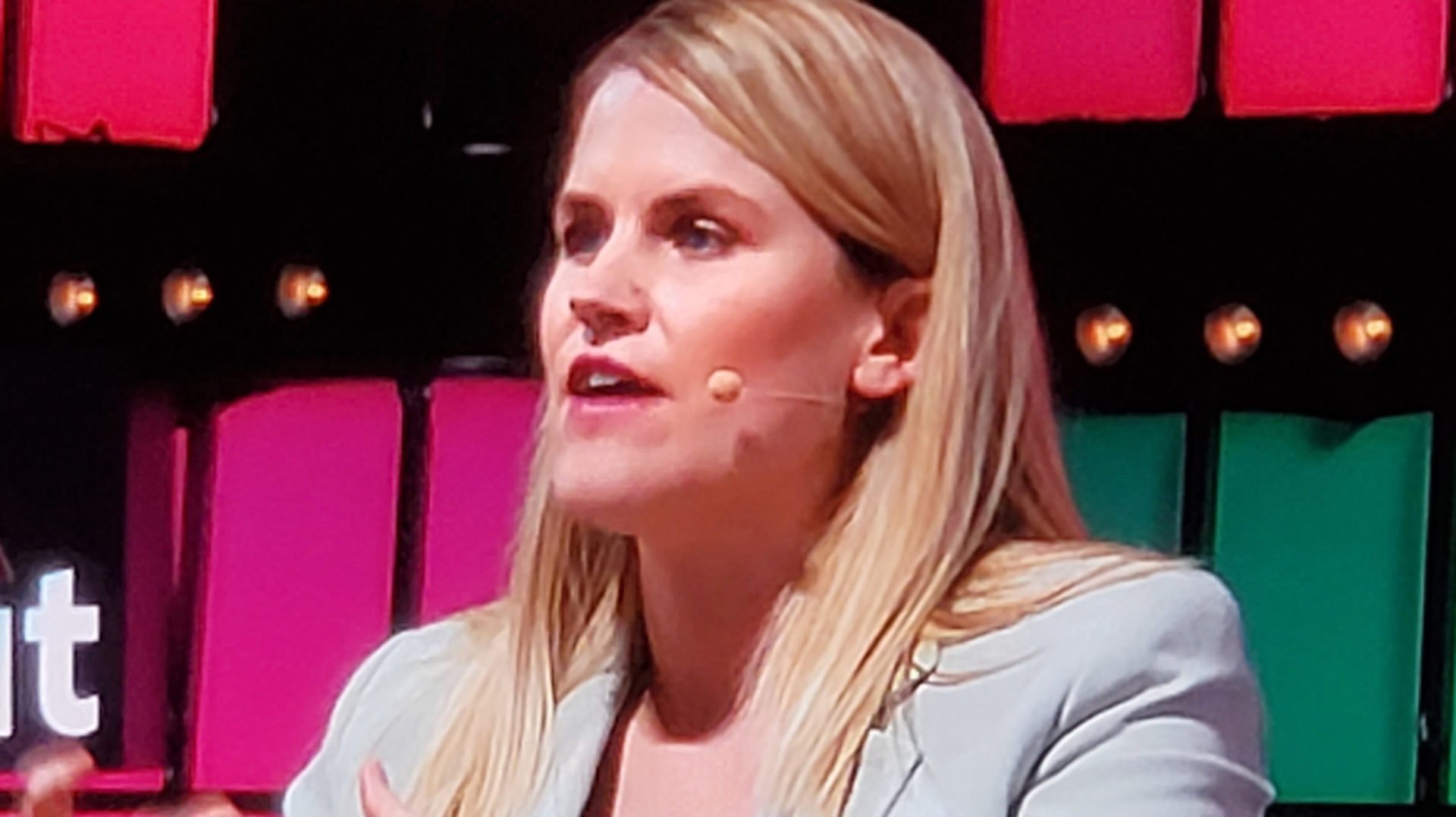Techonomy hosted a session on “Reddit, Robinhood, and Wall Street,” which might seem unrelated to its regular coverage of how social media fanned the flames that led to the Capitol insurrection. But the imposition of a temporary circuit breaker to limit trading in GameStop by Robinhood stems from the same roots as Twitter and Facebook’s “In Case of Emergency” ban of Trump (maybe just a circuit-breaker, maybe permanent).
Both relate to a breakdown in our marketplace of ideas, and the norms and institutions that tend to regulate it. Both have to do with “the madness of crowds” and a failure of the forces that normally would moderate how those crowds form factions, find causes, and disregard conventional boundaries and world-views.

The common element is social media, which has moved so fast that it is now breaking everything. Before social media brought openness, velocity, and virality to new levels, such disruptions were less explosive and easier to defuse. But now we must ask what next? For financial markets, we have the SEC to try to bring some better order. For the broader marketplace of ideas, we are in disarray. The crowd has reason to be angry and frustrated, in so far as our elites and institutions fail to address their resentments. That will have to change, but the new dynamics of social media make that evolution both urgent and difficult. Just this week, a report from the NYU Stern School Center for Business and Human Rights suggested the creation of a Digital Regulatory Agency to help monitor social platforms’ compliance with evolving regulations on speech and moderation.
I have been offering ideas on how to re-form social media with better design, business models, and regulation, to be better at augmenting the human wisdom of the crowd, instead of our madness. But that will take time, and the next decade will be trying. To help see the long view of similar conflicts triggered by new technologies of openness, starting with Gutenberg, I recommend an article by Renee DiResta, “Mediating Consent,” and to go deeper in that history, a book by Niall Ferguson, “The Square and the Tower.”
——–
Richard Reisman’s book, FairPay: Adaptively Win-Win Customer Relationships, and blog, FairPayZone.com, introduce a new customer-value-first revenue strategy for digital commerce that was described in Harvard Business Review. His other blog, SmartlyIntertwingled.com takes a human-centered view of digital services. He is President and founder of Teleshuttle Corporation, and has managed and consulted for businesses of all sizes, developed pioneering online services, and holds over 50 patents licensed by over 200 companies.















